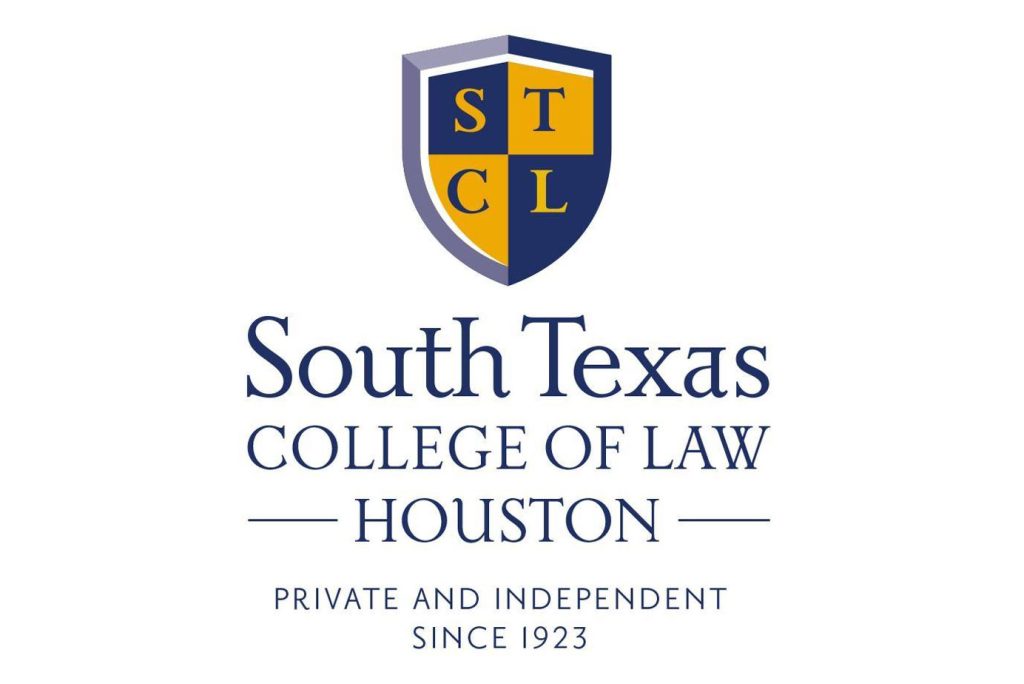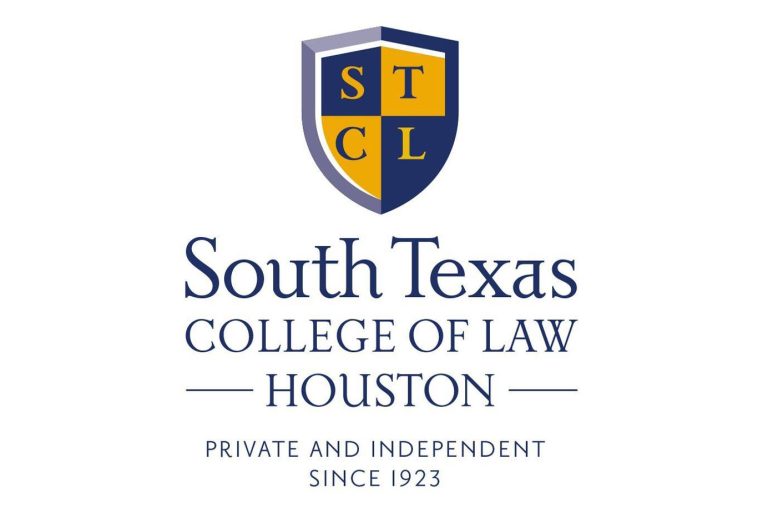South Texas College of Law Houston (STCL Houston) recently was awarded a $200,000 grant from the Texas Access to Justice Foundation to provide basic civil legal services to indigent individuals directly impacted by opioid-use disorders.
Children who need these legal services as a result of opioid-use disorders by a parent, legal guardian, or caretaker also may qualify. To receive services through this grant-funded program, individuals must not earn more than 200% of the federal poverty guidelines ($27,180 annual income for a household of one; $55,500 for a household of four).
“We are honored the law school was selected to help serve individuals and families impacted by the tragic and widespread opioid-use crisis,” said Catherine Greene Burnett, vice president and dean of experiential education.
A U.S. Congressional Budget Office report released in 2020 noted that opioid misuse increased during the pandemic as a result of worsened mental health, more social isolation, greater job losses, and reduced access to treatment. Also, the report noted, the use of more potent synthetic opioids led to a sharp increase in overdose deaths.
The free legal services funded by the grant will be provided through the Randall O. Sorrels Legal Clinics at STCL Houston, which offers legal services to the community through an in-house law firm staffed by licensed attorneys. Law students work in the legal clinics as part of their experiential education.
TAJF’s Legal Aid for Opioid-Use Disorder Grant Program received an appropriation of $5 million from the 87th Texas Legislature Regular Session that resulted from the opioid settlement fund.
“We look forward to working together to provide high quality civil legal services to individuals and families in Texas impacted by opioid-use disorders,” wrote Betty Balli Torres, TAJF executive director, in the award letter.
The Texas Access to Justice Foundation (TAJF) is the leading funder of civil legal aid to the poor in Texas. Created in 1984 by the Supreme Court of Texas, TAJF support for civil legal aid benefits hundreds of thousands of low-income Texas, including victims of crime, abused and neglected children, veterans, the elderly, and the homeless.



